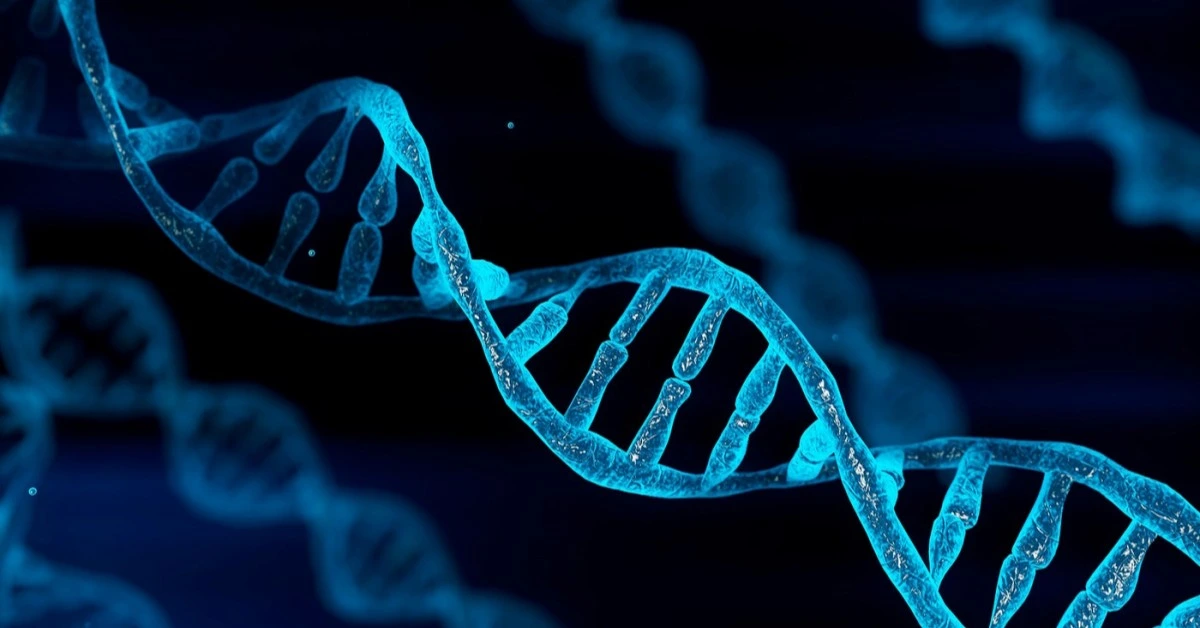
USA – A team of US scientists has created Evo 2, an advanced AI model designed to analyze genetic code across all five kingdoms of life.
Developed by the Arc Institute in Palo Alto, California, and tech company NVIDIA, Evo 2 has been trained on the DNA of over 100,000 species, making it one of the largest publicly accessible AI models in biology.
This powerful tool is expected to revolutionize research by helping scientists understand disease-causing mutations and improve genome design.
A major leap from Evo 1
Evo 2 builds on the foundation of Evo 1, a previous model that focused on single-cell genomes and was introduced in a 2024 Science Journal.
Unlike its predecessor, Evo 2 has been trained on over 9.3 trillion nucleotides, giving it an extensive database to analyze genetic connections across species.
This vast dataset enables the model to provide deep insights into gene function, disease mechanisms, and cellular processes.
According to Patrick Hsu, co-founder of Arc Institute and co-senior author of the Evo 2 study, this advancement marks a significant step in generative biology.
He stated, “Our development of Evo 1 and Evo 2 represents a key moment in the emerging field of generative biology, as the models have enabled machines to read, write, and think in the language of nucleotides.”
Understanding disease and drug development
One of Evo 2’s most promising applications is in disease research. Scientists tested the model with the BRCA1 gene, which is linked to breast cancer, and found that Evo 2 could predict with 90% accuracy which genetic mutations were likely to be harmful.
Beyond identifying disease-related mutations, Evo 2 could also transform drug discovery. Hani Goodarzi, a computational biologist involved in the project, explained that Evo 2 can be used to design gene therapies with greater precision.
He noted, “If you have a gene therapy that you want to turn on only in neurons to avoid side effects, or only in liver cells, you could design a genetic element that is only accessible in those specific cells.” This targeted approach could lead to more effective treatments with fewer side effects.
AI in drug discovery and future challenges
AI-driven drug discovery is becoming increasingly popular in the pharmaceutical industry. Many companies are now using AI-led pipelines to develop new medicines.
The field received a major endorsement in 2024, when the Nobel Prize in Chemistry was awarded to DeepMind’s AlphaFold team for their breakthrough in predicting protein structures.
Despite these advancements, challenges remain. Experts point out that finding large, high-quality datasets that accurately represent the complexity of biology is still difficult.
However, with models like Evo 2, scientists are moving closer to unlocking the full potential of AI in genomics, medicine, and biotechnology.
XRP HEALTHCARE L.L.C | License Number: 2312867.01 | Dubai | © Copyright 2025 | All Rights Reserved